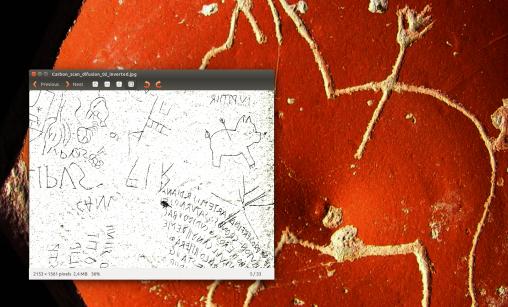The Loan Application - Internal meeting
May 2016. Interinstitutional working group in Azala Espazioa and Artium, Basque Museum-Center for Contemporary Art
On the 5th and 6th of May, a working group will be convened to study and discuss the legal, ethical and social ramifications of exhibiting the polemical archaeological discovery from the Iruña-Veleia site in Basque Country in Artium, Basque Museum for Contemporary Art.
When these artefacts were denounced as a forgery, they became entangled in a legal process that has been ongoing since 2008. As a result, they have never been exhibited to the public, and are currently under custody of Bibat, the archaeological museum of Vitoria-Gasteiz. To display them in the museum for contemporary art requires a displacement of only 300 meters, but involves a radical change in discursive context.
Taking the hypothetical collaboration between the two museums as a starting point, the working group will discuss how the confrontation between artistic, scientific and political sensibilities may be oriented towards a narrative that overcomes the false-authentic binary, and how to involve the public in the institutional processes that determine the evolution of their own material culture.
Joining the internal session will be:
Xurxo Ayán, archaeologist; Haizea Barcenilla, art critic and art historian; Harkaitz Cano, writer; Iñaki Martínez de Albéniz, sociologist; Cristina Sanchez-Carretero, anthropologist; Daniel Castillejo, Enrique Martínez and Mari Fran Machín from Museum Artium; Imanol Agote, director of Cultural Heritage from the Basque Government; Ixiar Rozas and Idoia Zabaleta, from Azala Kreazio Espazioa; and Iratxe Jaio and Klaas van Gorkum, initiators of the project.
The session serves as a preparation for Proklama 8, a public program at the Artium Museum in October 2016, and is an initiative by the artists Iratxe Jaio and Klaas van Gorkum in collaboration with Azala Kreazio Espazioa and Artium, Basque Museum of Contemporary Art.





